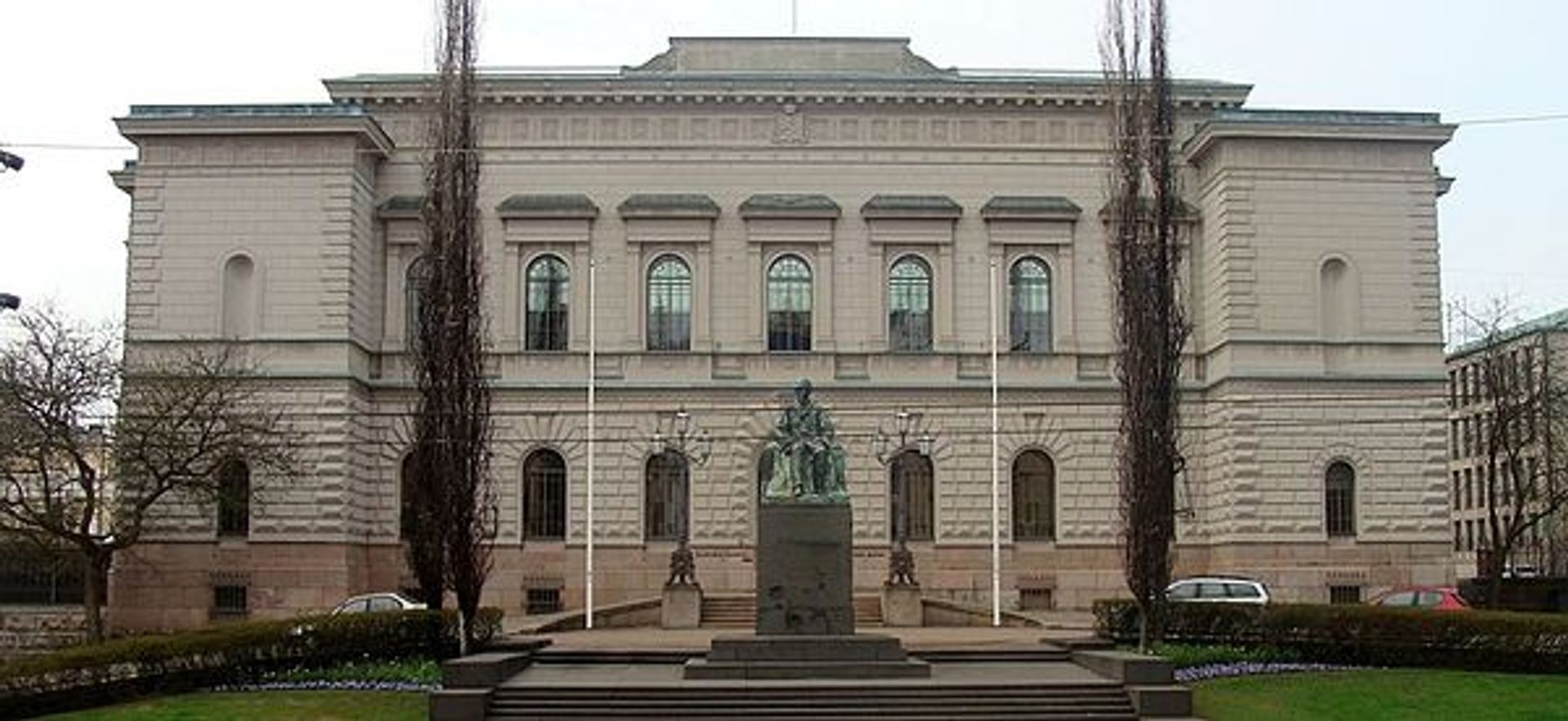
KGB
What do people say about KGB?
In Finland, the perception of the KGB is overwhelmingly negative, associated with brutal repression and espionage tactics during the Cold War. Historical memories of the KGB's oppressive actions have left a lasting impact on the Finnish psyche, creating a strong distrust towards Russian intelligence operations. The legacy of the KGB as a tool for state security in the Soviet Union casts a long shadow, often perceived as a symbol of authoritarianism and violation of human rights. Consequently, discussions around the KGB tend to evoke fears of surveillance and manipulation, further solidifying its negative image in Finnish society.
Where are the conversations happening?
Most critical discussions about the KGB in Finnish media highlight its historical role in espionage and state control. Sources like Yle and Helsingin Sanomat emphasize the KGB's oppressive tactics and its legacy in contemporary Finnish-Russian relations. The general tone in these discussions is critical, focusing on the KGB's past actions rather than any positive contributions, underscoring a collective wariness of Russian influence.
What are the topics trending around KGB?
Discussions about modern Russian intelligence operations continue to be relevant, as Finns remain wary of potential espionage and influence from Russia.
Why are these topics trending?
The ongoing geopolitical tensions and historical context of KGB operations keep the discourse alive, reflecting a societal concern over national security and foreign interference.
How is KGB being talked about?
Detailed breakdown of public sentiment and conversations about this entity.
Impact vs Sentiment
See how each entity's high impact percentage relates to their positive sentiment percentage from actual mentions.





